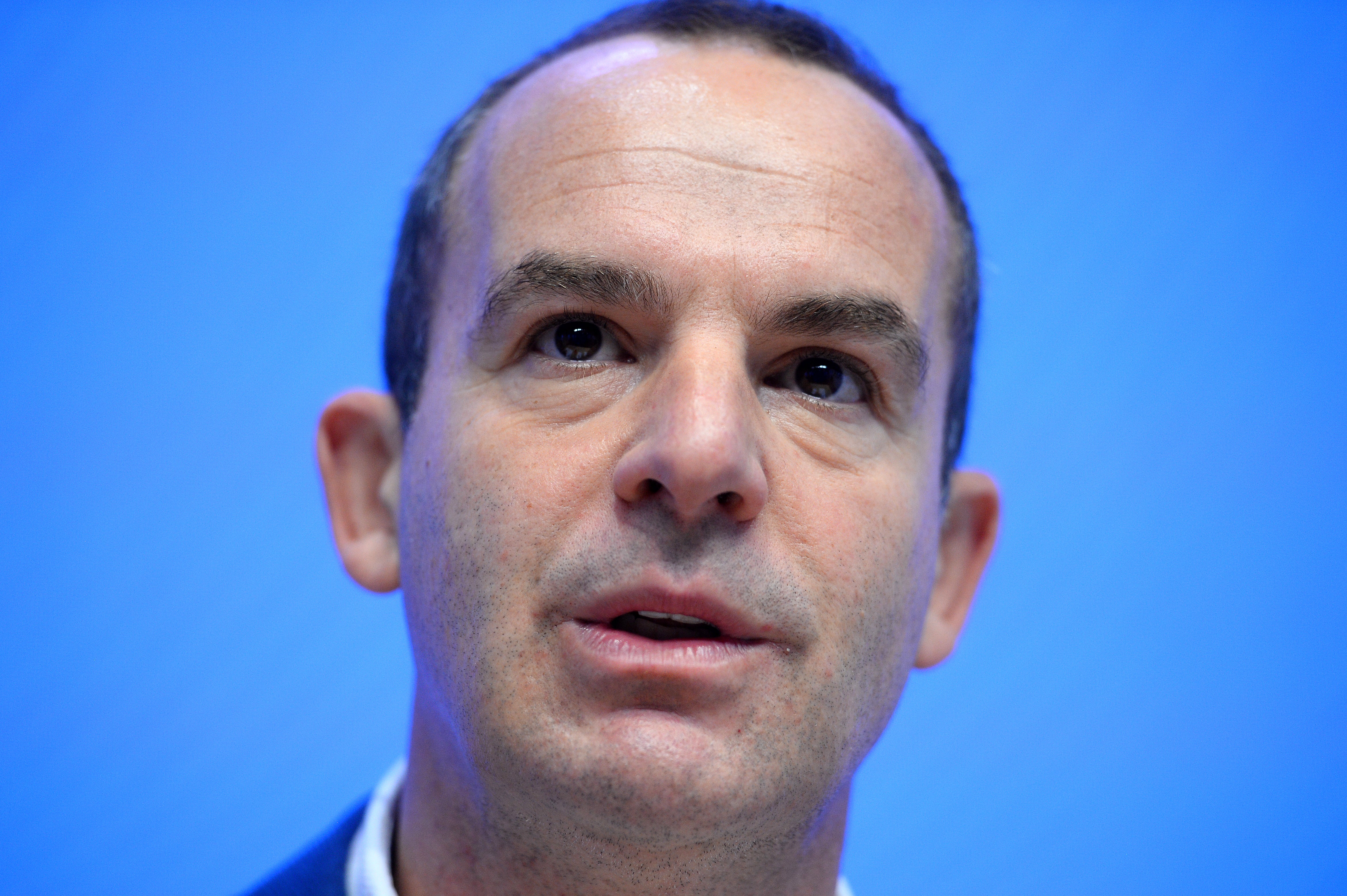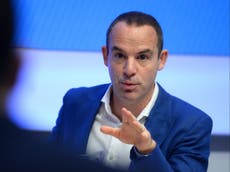Martin Lewis explains what interest rate hikes mean for mortgage bills
The Bank of England increased the base rate to 3%
Your support helps us to tell the story
From reproductive rights to climate change to Big Tech, The Independent is on the ground when the story is developing. Whether it's investigating the financials of Elon Musk's pro-Trump PAC or producing our latest documentary, 'The A Word', which shines a light on the American women fighting for reproductive rights, we know how important it is to parse out the facts from the messaging.
At such a critical moment in US history, we need reporters on the ground. Your donation allows us to keep sending journalists to speak to both sides of the story.
The Independent is trusted by Americans across the entire political spectrum. And unlike many other quality news outlets, we choose not to lock Americans out of our reporting and analysis with paywalls. We believe quality journalism should be available to everyone, paid for by those who can afford it.
Your support makes all the difference.Money expert Martin Lewis has explained what the recent rise in interest rates means for mortgage bills.
The Bank of England have increased the base rate used by the bank to charge other lenders when borrowing money to 3%.
In an appearance on ITV’s This Morning, Mr Lewis looked to be lost for words when trying to advise viewers on what to do to be able to afford mortgage repayments.
This came after former chancellor Kwasi Kwarteng revealed his mini-budget to which a number of banks and lenders such Virgin Money, Halifax and Santander began pulling deals over fears for the economy and rates are expected to rise further.
In a Twitter post, Mr Lewis explained: “For every £100,000 of mortgage, you’ll pay roughly £600 a year more for each 1 per cent [point] interest rate rise.
“Top fixes today are three per cent-ish more than a year ago (so £1,800 per £100,000).
“If UK rates rise to six per cent, as some predict mortgages [would] likely rise more than another three per cent again.
“But that assumes people will be accepted for the top fixes,” he continued in a separate Tweet.
“At those rates of interest though many more will likely fail the affordability checks - which means likely sticking with their own lenders ([possibly] costlier) fix or moving onto standard variable rates, which are even higher.”
Mr Lewis advised that for the vast majority of mortgage holders in the UK have a fixed-rate mortgage, so for most, nothing will change but remortgaging may become more expensive for them.

For those on a standard variable rate (SVR) or ‘discount’ mortgage, he said they are free to remortgage to a new deal at any time and it is worth checking if you can, as SVRs tend to be pricey.
For those on tracker mortgage, Mr Lewis advised them to check now to see if you can switch to a better deal but be aware of any penalties.
Later in his appearance on This Morning, Mr Lewis was left struggling for words after a viewer called up to ask for advice about mortgage repayments.
“I don’t know,” he said. “I mean, I just, the situation now is bad and if those interest rates go up as it’s been discussed, and it is not certain that they will, but that is what the markets are predicting.
“If so then we are going to have millions of people in that [situation] and we are sitting on a mortgage ticking timebomb.”




Join our commenting forum
Join thought-provoking conversations, follow other Independent readers and see their replies
Comments